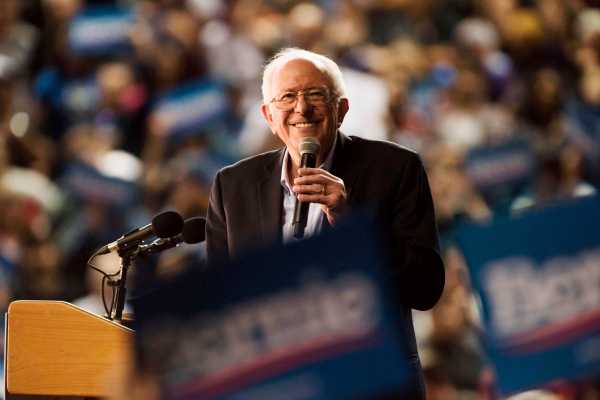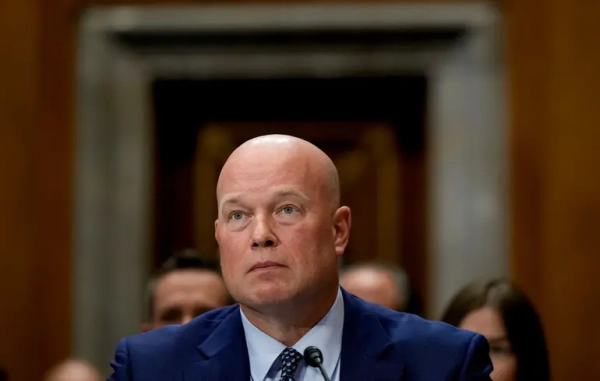
Sen. Bernie Sanders has defeated national frontrunner former Vice President Joe Biden to win the 2020 North Dakota caucuses.
The win is somewhat of a surprise. While Sanders has done well in caucuses, and won the 2016 North Dakota contest in a landslide over Hillary Clinton, he was not expected to win. The state had only one poll taken ahead of Tuesday’s caucuses, an unsurprising fact given its small 14 delegate total. But that poll, from Swayable, gave Biden a 35-percentage-point advantage in the state, and FiveThirtyEight’s forecast model estimated a 93 percent chance that Biden would win.
The results were difficult to predict, however, because much changed about the caucuses compared to 2016. For one thing, there was substantial early voting this year, and it was unclear what its effect would be. A week before the caucuses, the party reported that over 3,100 people had requested mail-in ballots, which is only a few hundred votes short of the entire turnout for the 2016 caucus (3,350). The early votes had to be postmarked by Thursday to ensure an accurate and prompt count on the night of the caucus.
Sanders weathered an institutional change that could have harmed his chances in North Dakota. Again, he tends to perform better in traditional caucuses like those held in Nevada and Iowa. But the 2020 North Dakota contest operated more like a conventional primary — just one run by the state party, rather than the government. Balloting was open from 11 am to 7 pm (though only in 14 different locations).
A spokesperson for the state party (technically called the Democratic-NPL Party after a 1956 merger with the Nonpartisan League) told the Williston Herald the process was to work like this: “People can come in, sign in, vote, and be on their way. They don’t have to stay for multiple rounds of voting. They won’t have to debate their neighbors. The process will be more similar to a general election day.”
By contrast, the 2016 caucuses were rowdy in-person affairs with the Clinton and Sanders camps actively jockeying for support, closer to how the Iowa caucuses work.
The delegate split in North Dakota is unlikely to be of great national consequence, given how few delegates were actually at stake in the caucus. But being able to claim another state is symbolically important for the Sanders campaign as it struggles to stay afloat after a disappointing Super Tuesday performance.
Sourse: vox.com






